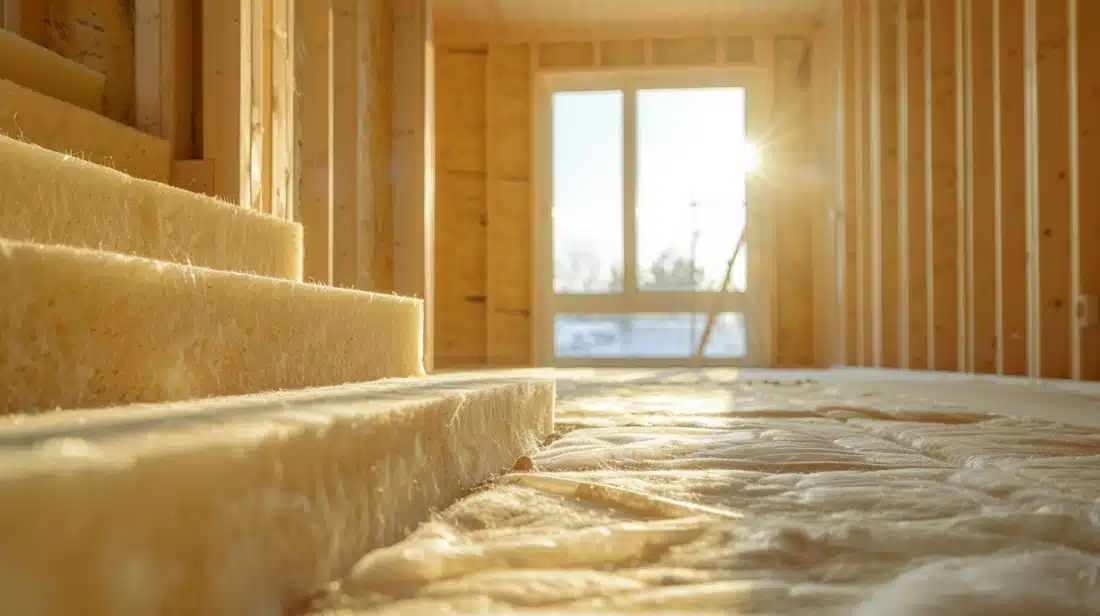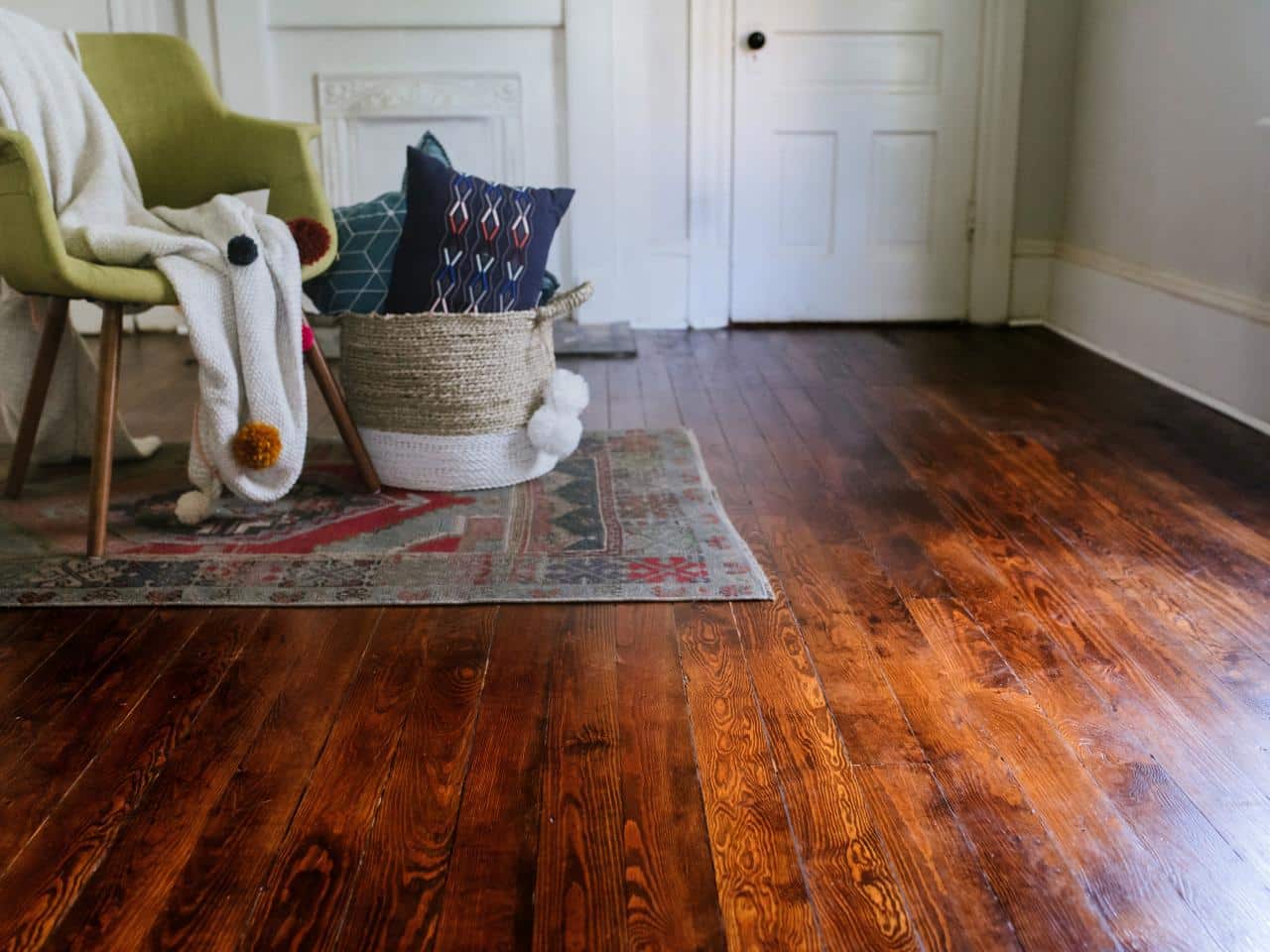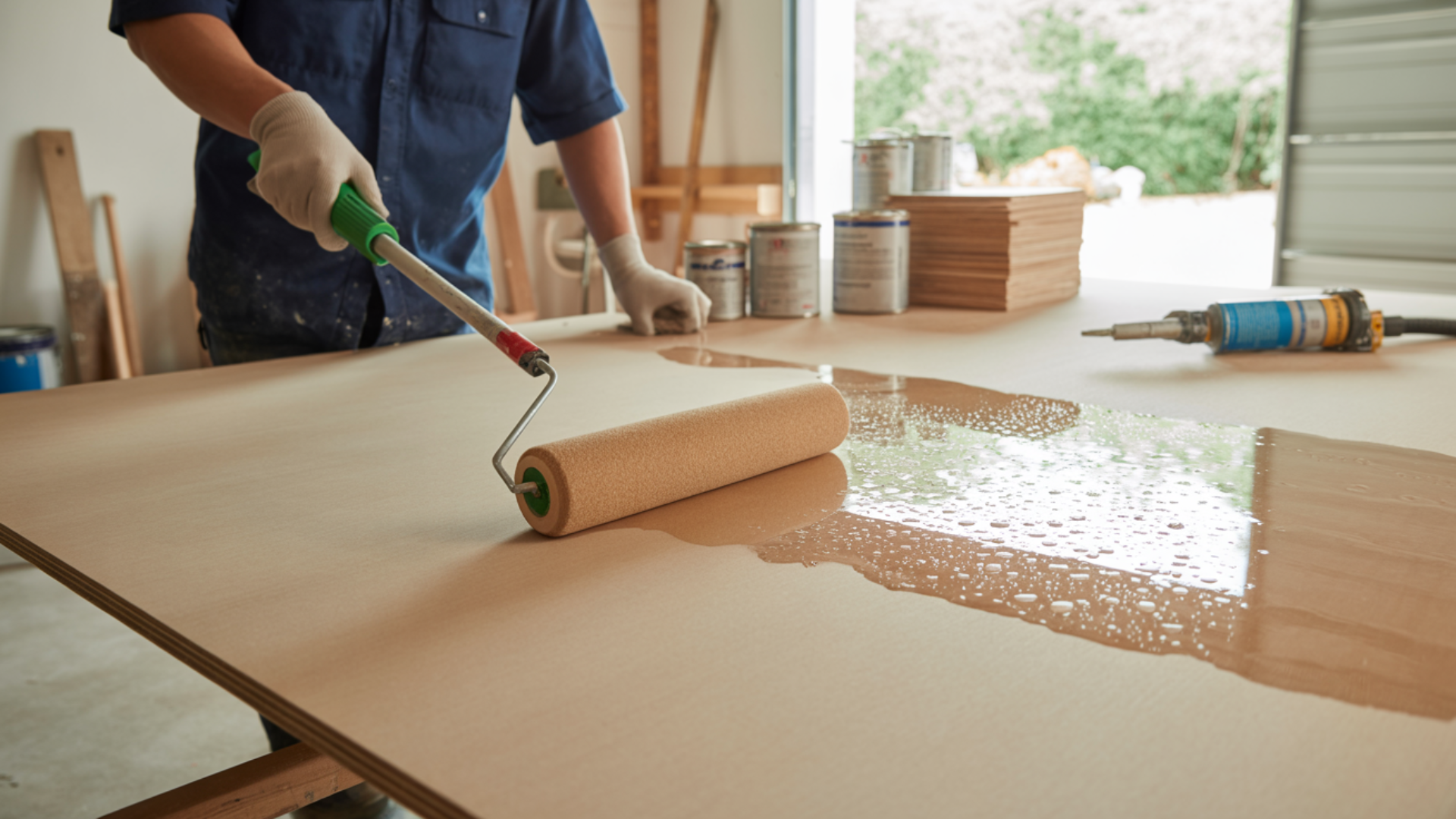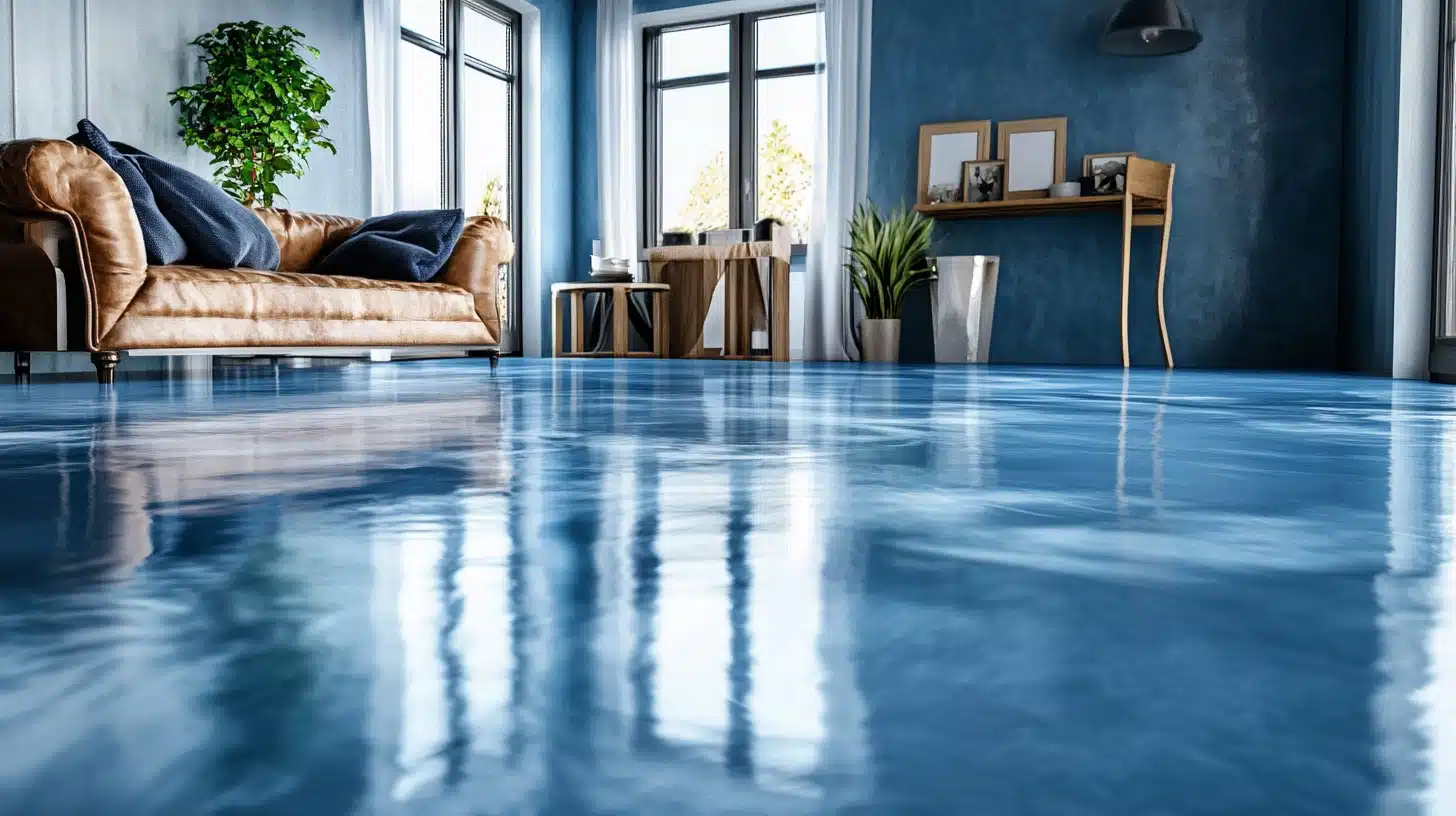Is Floor Insulation Necessary Within Different Levels of a Building?
Thermal effectiveness in a building largely depends on insulation. While the primary focus is typically on insulating the roof and walls, other areas in a house that may require insulation are sometimes overlooked.
A question that frequently arises among homeowners is whether insulating between floors is necessary. There are compelling arguments for and against this practice and specific considerations regarding the best type of insulation suitable for floors https://insulationwholesale.co.uk.
Let’s examine the various factors that could influence the decision to protect your floors thermally:
Arguments in Favor of Insulating Between Floors
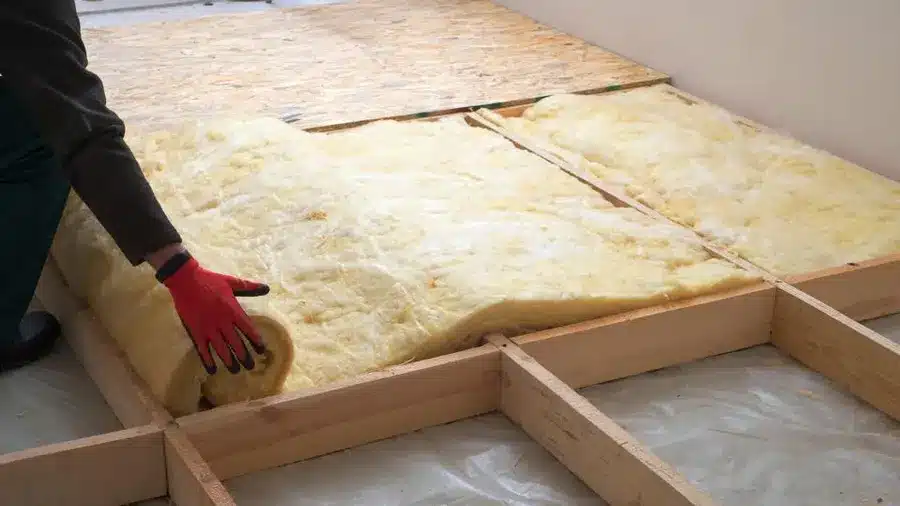
While some may argue against the need for insulation, there are still compelling reasons why it might be necessary. Consider the following situations that may necessitate floor insulation:
- Insulation becomes necessary if the floor is positioned over a chilly area like a ventilated crawl space or an unwarmed garage.
- Insulation between and over floor joists in an unfinished attic area is required to isolate the living space beneath.
- For rooms extending beyond the external wall below, floor insulation is essential.
- Insulation is required for slab floors constructed directly on the ground.
- If reducing noise and sound transmission between floors is a goal, insulation is a logical and practical solution.
Arguments Against Insulating Between Floors
The primary argument against floor insulation is that floors are not part of the building envelope. Occasionally, insulating floors might lead to complications within your home, such as obstructing the function of vapour barriers and thermal resistance.
One significant worry with floor insulation is the potential for mould. Sometimes, insulation can lower the room’s temperature beneath the dew point, making moisture control with even a dehumidifier impossible.
Hence, it’s vital to engage an insulation specialist before making any changes to your floors. An accredited professional can determine if your home requires insulation between floors.
A knowledgeable insulation contractor will also know the exact placement for insulation without disrupting the building’s thermal shell. Many variables can influence the decision to insulate between floors or not.
Choosing the Right Floor Insulation
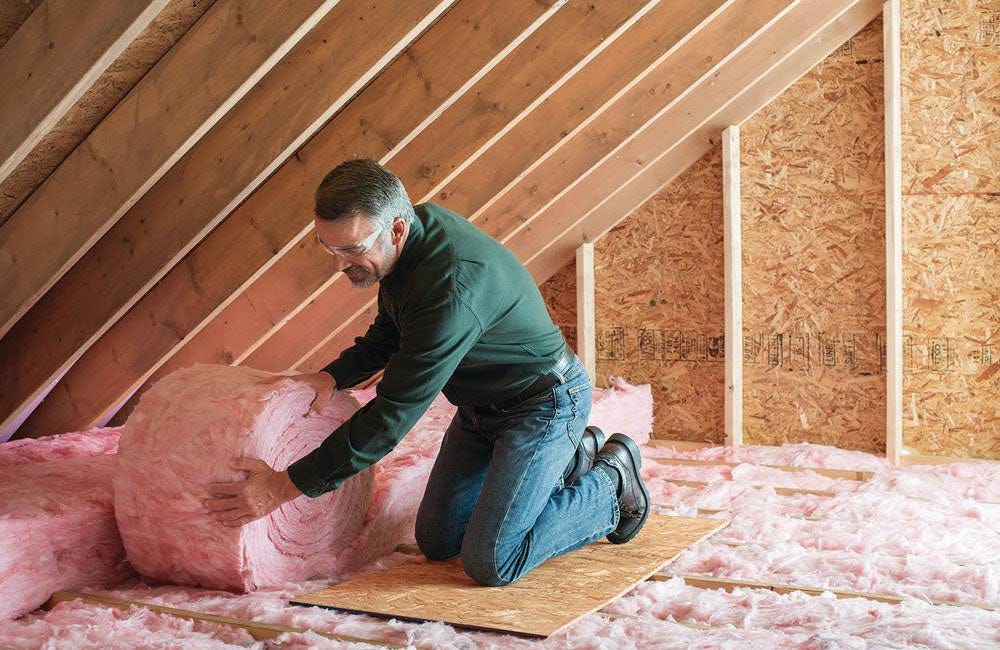
It’s not just a matter of whether to insulate between floors but also selecting the appropriate type of insulation. In colder climates, such as the UK, cold concrete floors can be a familiar discomfort during winter.
Concrete floors can also retain moisture and become a long-term maintenance issue. The remedy is to add insulation, with spray foam insulation being a widely endorsed solution.
If the choices and installation process seem daunting, it might be wise to hire a licensed contractor. Regarding spray foam, here are some of its advantages:
- Spray foam’s expansive property allows it to fill all voids, crevices, and gaps, expanding up to 100 times its original size. This quality makes it a material-efficient choice.
- By filling all voids, spray foam offers an authentic sound barrier between floors, aligning with the goal of soundproofing.
- Most crucially, spray foam insulation provides excellent thermal performance. If your upper floor is over a cold, unheated space like a garage, spray foam will resolve the discomfort of frigid floors during winter.

